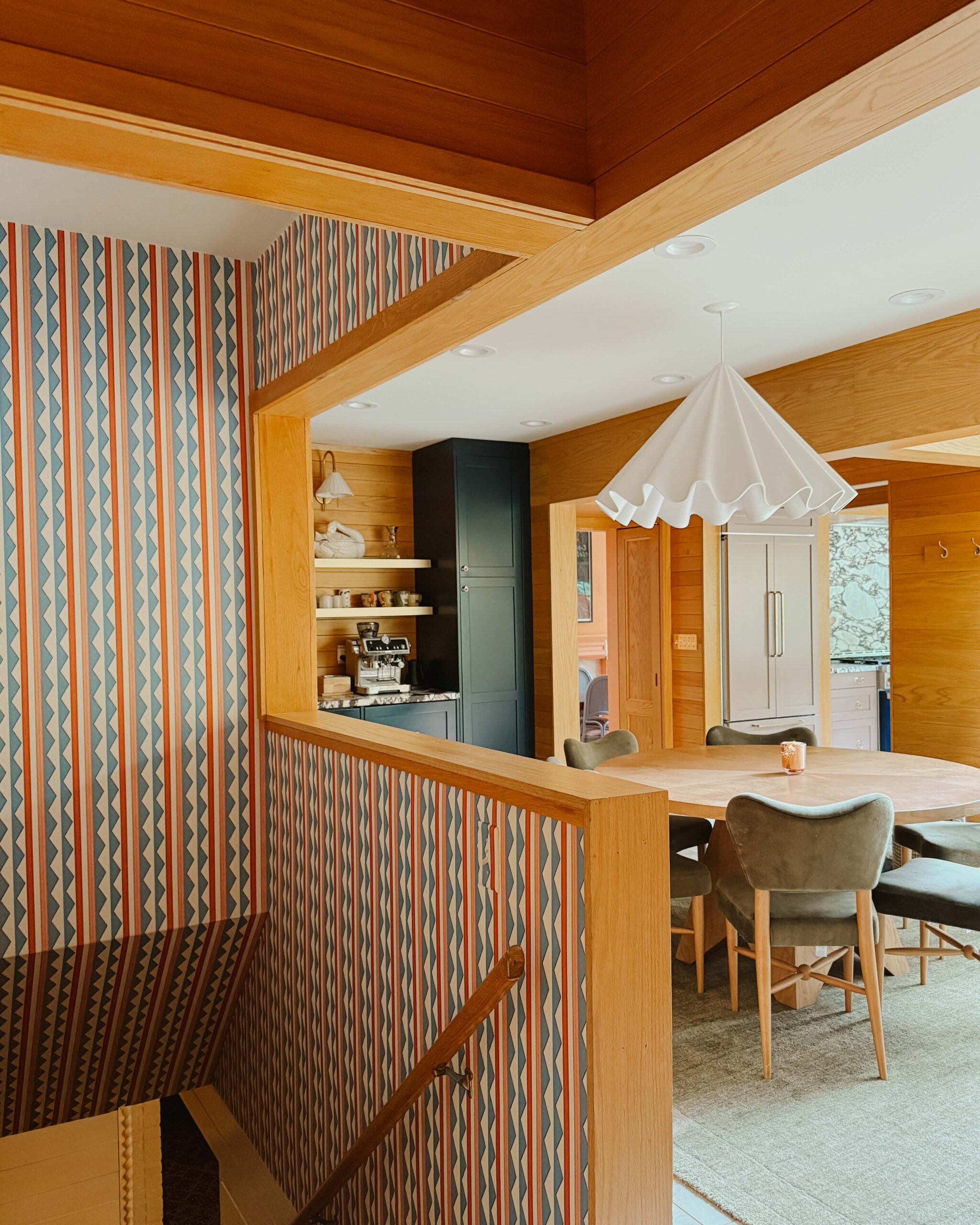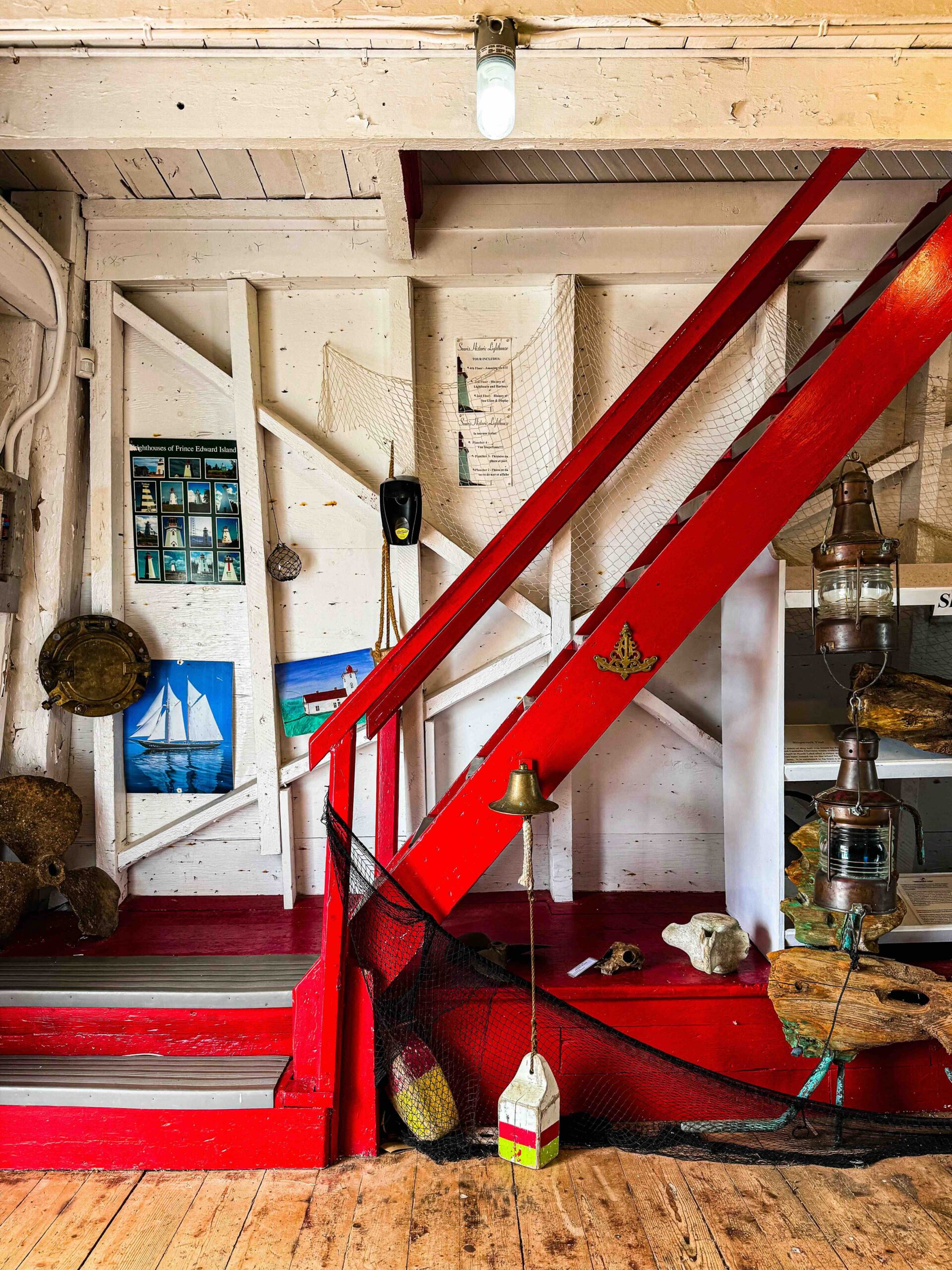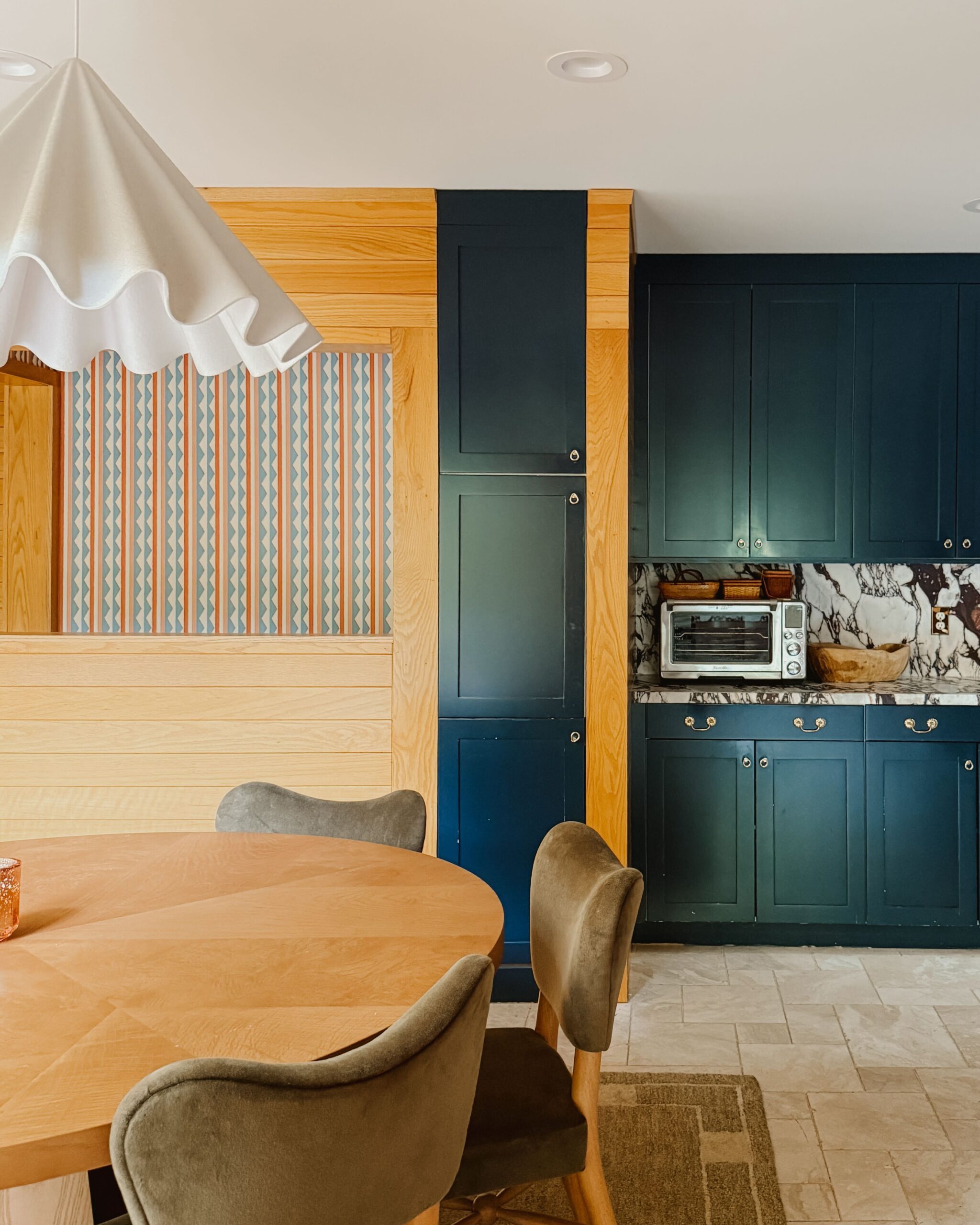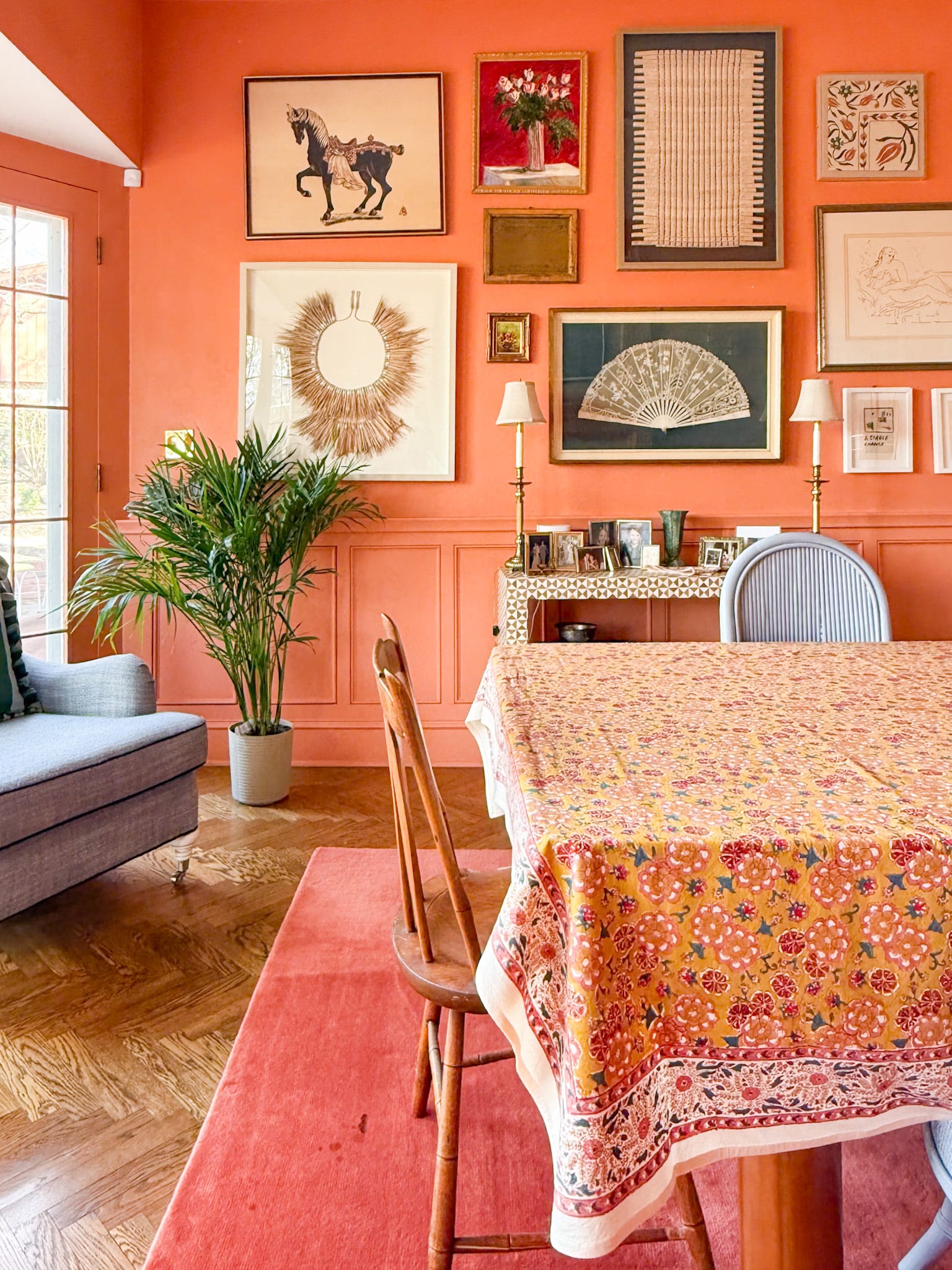

Have you ever found yourself questioning certain norms in life? Ever since I enrolled in a gender equality course this past January, I’ve spent the last few months questioning everything.
For instance, while I have been happily married for nearly five years, it wasn’t until recently that I stopped to reflect on certain decisions I made around the time of my wedding. Case in point: my name. From the moment I said “I do,” I took my husband’s last name and scooted mine into the middle. Looking back, I don’t regret this decision; I just can’t help but wonder why I didn’t even think twice about it. Perhaps it was because I married relatively young at 23 and I was too focused on other details, or maybe it was because that was all I really knew at the time.
After a week of ping-ponging possible reasons around in my head, I decided to ask one of my classmates who is originally from Chile about some of the gender-based cultural norms in her country. “Until my parent’s generation, it was common in more conservative circles that the woman would attach their husband’s last name to their own by adding the word ‘de,’ which means ‘of’ between them. However, in my generation, this is not common at all, as women now keep their last names,” Carolina explained.
From the moment I said “I do,” I took my husband’s last name and scooted mine into the middle. Looking back, I don’t regret this decision; I just can’t help but wonder why I didn’t even think twice about it.
“Yet when you have children, like in many countries around the world, the child gets two last names: the father’s last name first, and then the mother’s.” She continued: “Although, if I have kids, I would like my partner and me to consider the option that they could have my last name first. After all, it’s the woman who carries them inside her and then feeds them for another few months, so why not?”
As we sat together sipping coffee, we found ourselves discussing so many of the same socio-cultural norms, despite having been raised in different corners of the world. “Regarding marriage, one of the first things I remember feeling uncomfortable with was how, traditionally speaking, it was the man who proposed to the woman,” Carolina noted. “I thought it was unfair that they had an all the ‘power’ with their active role, while the woman had to remain passive. In my case, my boyfriend at the time and I had spoken about it, but even after that I felt kind of like a ‘prisoner’ to this tradition; I disliked the role of having to wait until he decided it was the moment. Why couldn’t I do it? I questioned this a lot, but at the end of the day I remained passive. Challenging this made me feel several other societal stereotypes on my shoulders, like I was desperate to get married, or like ‘I had the wedding dress in my handbag,’ as we say in Chile.”
Fascinated by our conversation, I quickly found myself wanting to gain even more perspectives on this topic, so I started probing the minds of all those around me. “The gender norms I find myself questioning as I get older are the gender roles in marriage,” my little sister states to me. “I also have a hard time accepting the ‘ideal’ woman our society promotes—that she should always look pretty and be thin. As someone who hates to wear makeup, I don’t agree with this at all. Yet at the same time, I also think that men shouldn’t feel pressure to be a certain size or height to feel adequate. Our society should focus more on being healthy, rather than looking a certain way.”
The idea of gender in and of itself is fluid and open to interpretation, as are societal gender norms. We all have our own unique experiences, backgrounds, and perspectives from which we approach this topic. All this being said, I’d love to now turn it over to you. How do you navigate certain societal gender norms? Are there certain norms that you’d like to change? I’d love to get your insight on this very personal topic.
BY Kathryn - May 4, 2019
Most-read posts:
Did you know W&D now has a resource library of Printable Art, Templates, Freebies, and more?
take me there
Get Our Best W&D Resources
for designing a life well-lived




Thank you for being here. For being open to enjoying life’s simple pleasures and looking inward to understand yourself, your neighbors, and your fellow humans! I’m looking forward to chatting with you.
Hi, I'm Kate. Welcome to my happy place.
















I’d really like to challenge this notion that women are inherently very nurturing and compassionate, always willing to put their needs aside to take care of others.
I don’t like to clean or cook (who does, though, really?) and I’m not shy in grumbling about it, which has surprised many of my past male partners.
I don’t like the expectation that I’m supposed to be hyperfeminine – wear makeup, do my hair, shave my legs, etc. in order to be respected or treated decently by others.
That’s just what I can think of off the top of my head.
This is a conversation I’ve had with my daughter. I don’t regret taking my husband’s name, but I don’t think it should be the expectation. I really hate the way there are so many expectations of women, when men don’t have those same expectations. It’s assumed that women will be the ones to handle things with children, for example. I see signs of change, especially in my own house, but it’s not soon enough.
As far as the name thing goes, my fiancé and I are looking into inventing a new last name. I hate my last name, it’s a bitch to spell and even worse to pronounce. His last name on the other hand is easy to spell and sounds beautiful to say (mine is the sound of smashing your face into a keyboard). But I feel like taking his last name is less a sign of partnership and has more of a connotation of a hostile takeover. So a new last name we decide on together makes the most sense to us!